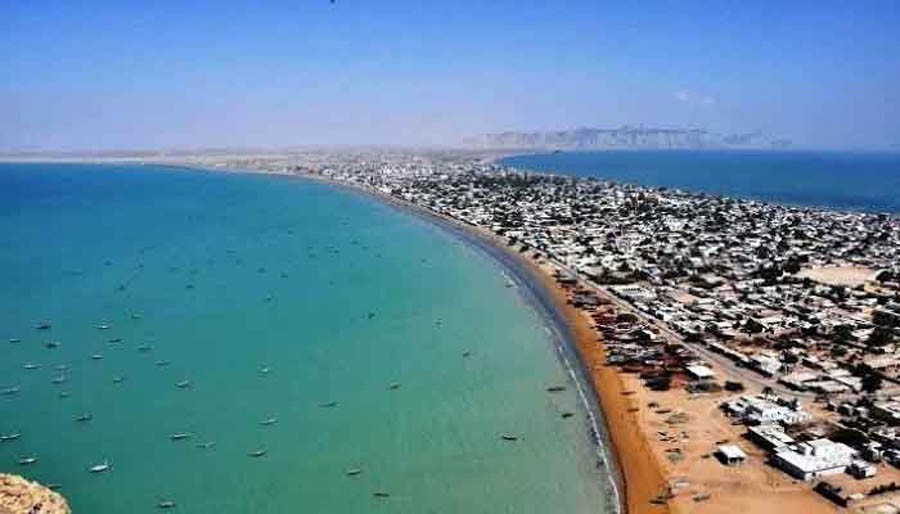

Dear All,
In Pakistan, we might shudder when we recall the mass graves of the Bosnian conflict and the executions of Muslim men and boys at Srebrenica, yet the discovery of mass graves in Balochistan tends to leave most people unmoved.
Five years ago three mass graves were discovered in the Khuzdar area of Balochistan. By April 2014, the number of bodies from these graves was confirmed by a government spokesman as being around 100, yet later the number being quoted was limited to 17. Although the then provincial government (a coalition headed by Dr Malik Baloch) acted in this matter, publicised the discovery and called for a judicial commission to investigate it, the enquiry report didn’t really answer many questions.
Five years later we perhaps need to reflect on why Pakistanis outside Balochistan are intent on pretending that there is actually no unrest in this troubled province.
The main point made by the judicial report five years ago was that it ruled out the involvement of the armed forces in the matter. This was significant considering that many Baloch regard the army as an ‘occupying force’ in the area and have many grievances against military authorities and regularly accuse them of being responsible for the many forced disappearances of the Baloch (something that the military denies). The enquiry commission’s conclusion was reached on the basis that of the 57 people who recorded statements in the case, only one witness alleged the involvement of intelligence agencies. Reports from the province over the years have claimed the killings and other excesses had actually been outsourced to local militias, allegedly linked to one Shafiq Mengal. The accounts of this group’s activities are chilling and include brutality, torture and murder. They also include claims of patronage by some agencies.
The grievances of the so called ‘smaller provinces’ in Pakistan include one central question: would the state’s reaction have been the same if this had happened in Punjab or to Punjabis? This refrain implies that the centre does not regard the people of Balochistan as equal citizens. In this case, one can validly ask: would the discovery of mass graves been treated the same if it had been in Punjab?
A few very brave journalists have reported not just on the graves but also on the disappearances and feelings of resentment and discontent in the province, but now the situation is that the media is totally silent on the issue. To do otherwise would pose a grave danger for journalists and their families. Now the only media coverage of Balochistan consists of glowing progress reports on Gwadar Port or stock coverage of visits to the province by the PM or the army chief. Nothing is now said about the disappearances, the poverty, the malnourishment or the armed rebellion. Yet many reports from the province indicate that militancy is still active, and militants still regard their struggle as being against ‘occupying forces’.
A general question worth considering is: how dangerous is it actually to ignore this sort of resentment? The centre engages only with a political class that it patronises and props up, and it continues to insist that all is well in the province -- just because it says it is. This does nothing to address grievances or improve lives. It also does nothing to dispel the perception that the Baloch are not treated as equal citizens and are ‘regarded as inferior, less civilised beings’.
Given the unfortunate precedent of Pakistan’s civil war and the cessation of East Pakistan, it might be worth trying to move towards political dialogue and some sort of process in Balochistan rather than just ignoring the increasing resentment. This is especially important because if militant religious groups are encouraged into the province they too might be used as killing squads further complicating the dynamic and taking it ever closer to the East Pakistan situation.
Of course the other way to read the matter is that it’s all just a storm in a teacup and actually all is well in Balochistan and the province is on the way to development and glory…. You choose.
Best wishes,